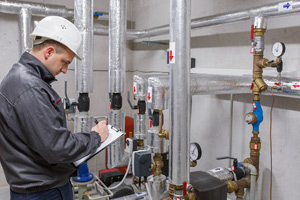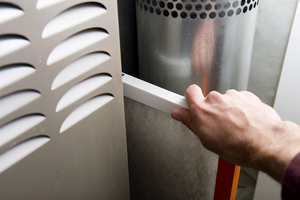Our companies are backed by the Best Pick Guarantee. Call one today!
Different Types of Heating Systems for Your Home (Part 2 of 2)
February 7th, 2013 byWhen choosing a heating system, it’s important to consider energy efficiency. Not only will an energy-efficient heating system help lessen the impact of your environmental footprint, it will also save you money in utility bills.
Look for ENERGY STAR-rated products, and ask your contractor about the most energy-efficient system that could work for your home. You want to get the most value for your heating dollar, so keep in mind the following three tips when deciding what kind of system to install in your home:
1. Buy the Right-sized System

A heating system that’s too large will cost more in terms of equipment and installation, and it will draw too much energy for the amount of heat that you want produced.
On the other hand, a system that’s too small won’t heat your home adequately and will constantly run, also costing you more in heating bills each month.
When sizing your system, your contractor will take into account many factors, including the size of your house, the climate in which you live, and how much insulation is in your home.
2. Check Out the AFUE
The AFUE, or annual fuel utilization efficiency, is a measurement of how much of the heater’s energy use goes into actually heating the home.
If a heater is rated 80, that means that 80 percent of the energy used goes to producing heat. The higher the AFUE, the more heating bang for your buck. You’ll find AFUE numbers on hot water heaters, boilers, and furnaces.
3. Follow Your HVAC System’s Maintenance Schedule

While all systems vary, staying on top of your HVAC system’s recommended maintenance schedule will ensure it runs more efficiently. If your system has ducts, having properly sealed seams will help keep air from escaping through the cracks.
Some systems use air filters, which need regular cleaning and replacement to guarantee that air flows easily through them.
Some systems will require more maintenance than others, but make sure to have an HVAC specialist check your system yearly to help maintain and improve its effectiveness.
Read more about energy-efficient HVAC maintenance.
Before making a purchase, learn more about the different types of heating systems available to you, along with advantages and disadvantages of each system.
The more you know about your own system as well as ones you’re interested in, the better prepared you’ll be to update or upgrade.

























